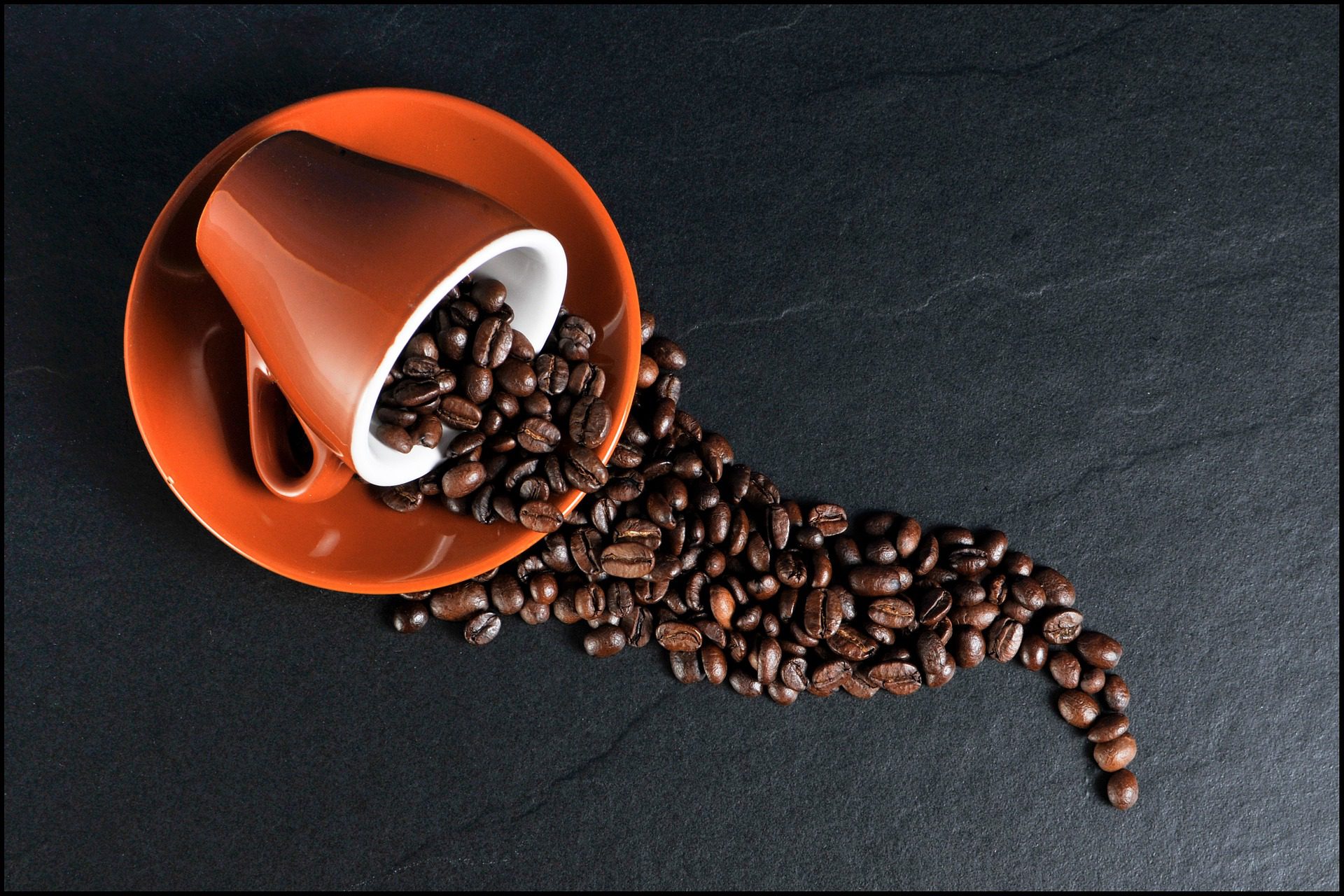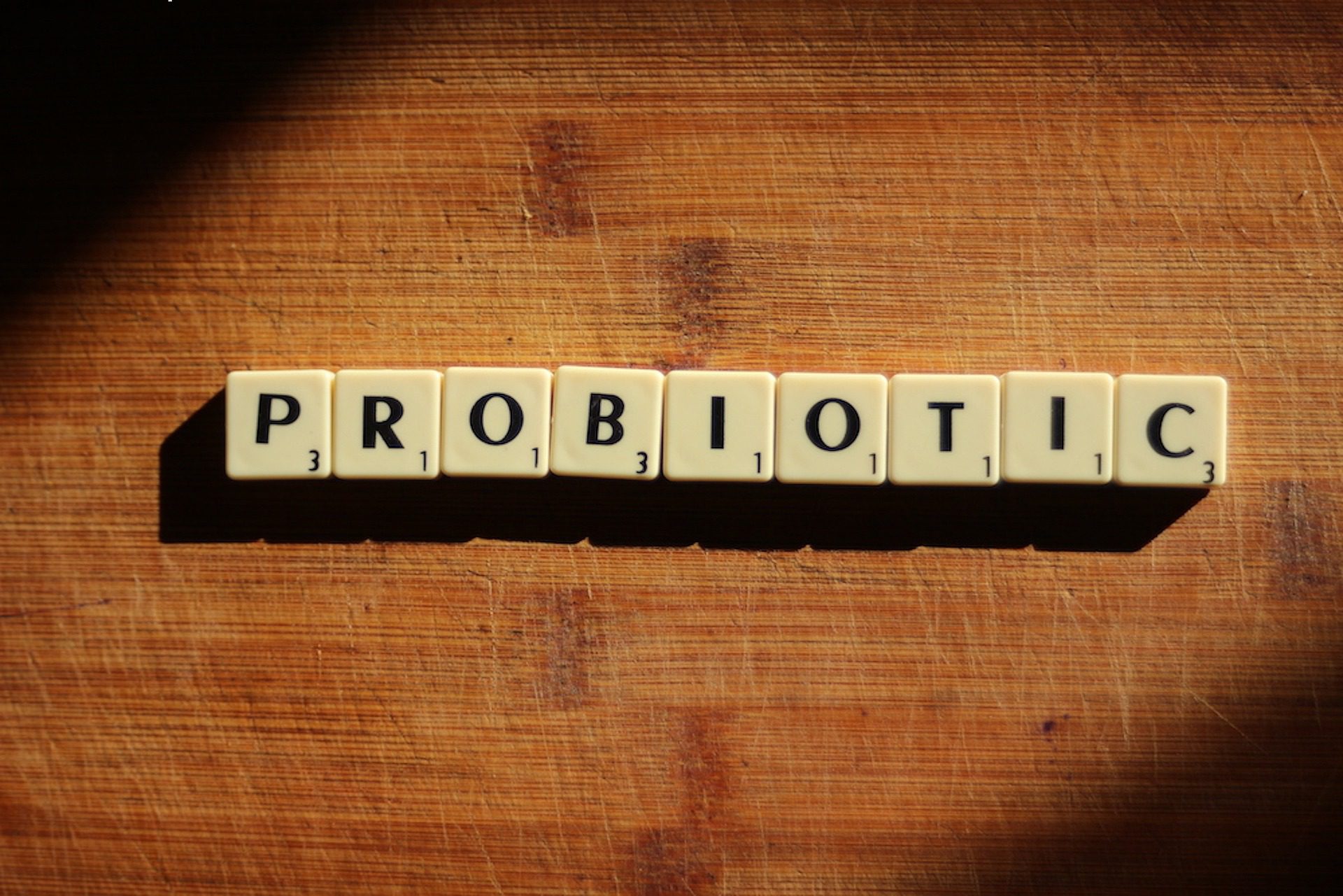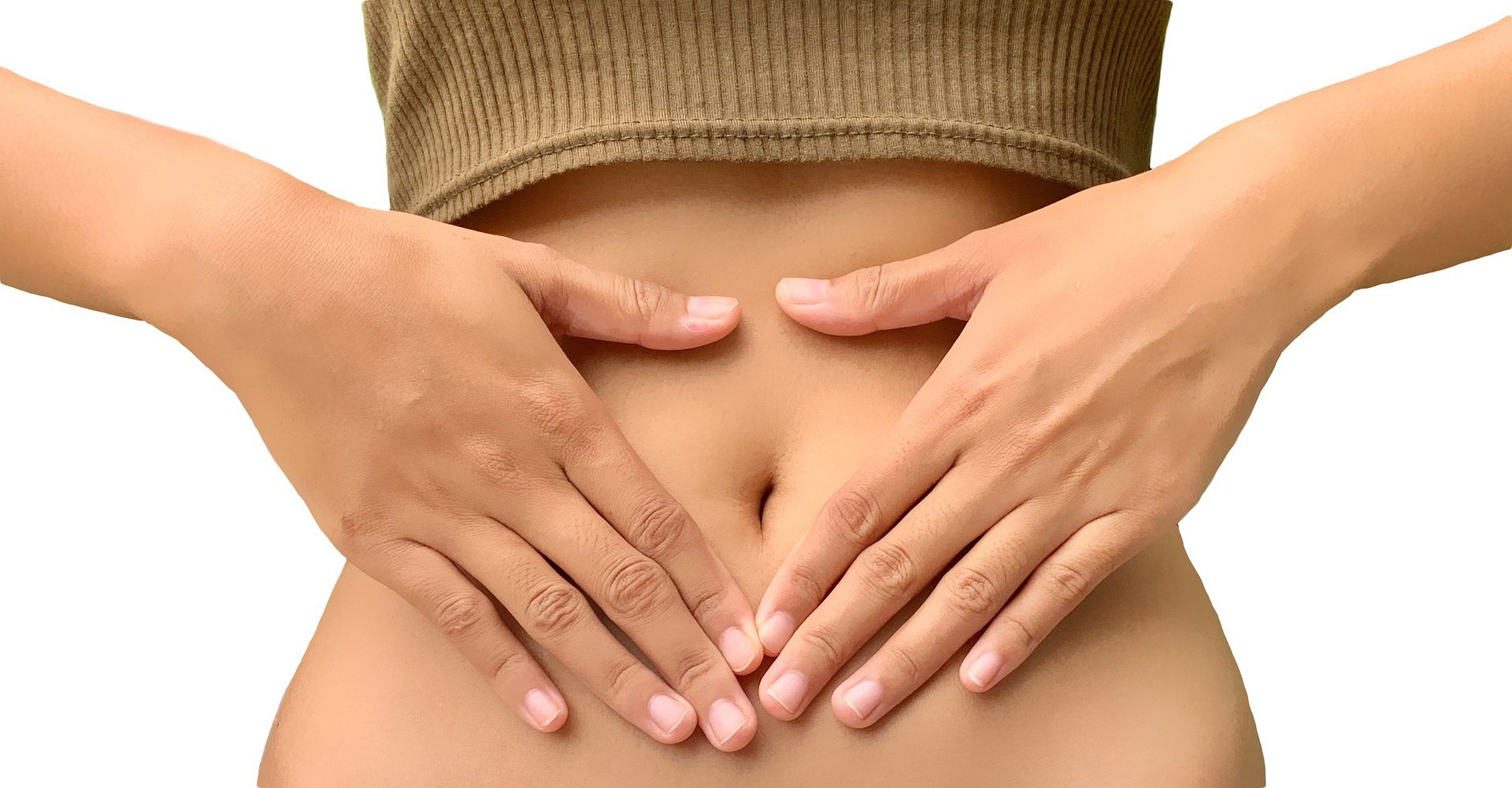Caffeine is one of the world’s most commonly consumed beverages in the world!
Caffeine sources and recommendations
Coffee has general health benefits especially as been shown to be protective regarding heart and liver disease when consumed in moderation, which is considered 3-4 cups or up to 400mg per day. (It’s <200mg in pregnancy). Sources of caffeine include coffee and tea, but also energy drinks, soft drinks, dark chocolate, and some medications.
Coffee & IBS
However coffee is commonly thought to be a trigger of IBS symptoms. In a recent study (Koochakpoor et al, 2021) individuals who were taking coffee weekly or more had greater odds of IBS than those who never drinking coffee. In addition, participants with higher caffeine intake (≥105mg/d) had 47% greater risk of IBS compared to those with lower intakes (69mg/d). Other studies have shown that coffee is one of top 10 foods causing dyspepsia, pain, and loose stools in IBS patients (Bohn, 2013; Monsbakken, 2006). On the other hands, coffee make actually help if someone who struggles with IBS-constipation (Rao et al, 1998; Murakami 2006))
Several clinical guidelines advise on reducing caffeine intake or avoiding if it is suspected to trigger symptoms (BDA, 2016). However, no study has shown that removing coffee actually benefits IBS! In addition, most studies that have looked at how coffee may make IBS worse, have looked for associations between coffee intake and increased IBS symptoms, which doesn’t show cause and effect relationships. This means a ‘nocebo’ effect cannot be ruled out, whereby the expectation of coffee making symptoms worse, actually makes symptoms worse!
How does coffee potentially affect IBS?
The effect of caffeine on gastrointestinal symptoms may be related to
- Increased gastric acid secretion which may irritate the intestine and negatively affect intestinal tissue. This is linked to indigestion, heartburn and acid reflux. Both caffeinated and decaffeinated coffee stimulate the release of gastrin, though caffeinated coffee does so to a higher degree (Nehlig et al, 2022)
- Regular coffee stimulates the motility of the colon as much as cereals, 23% more than decaffeinated coffee or 60% more than a glass of water (Rao et al, 1998). In fact, a study on 99 volunteers reported that 29% described a compelling need to defecate after the ingestion of a cup of coffee, which suggests colonic stimulation. In these individuals, regular and decaffeinated coffee stimulated the response in the rectosigmoid area (very end of large bowel), between 4 and 30 min after ingestion (Schubert, 2015).
- Triggers a gastrocolonic response, speculated to be due to the release of cholecystokinin or another hormone (Browne, 1990; Rao et al, 1990)
- Blocks binding of gamma aminobutyric acid (GABA) to GABA receptors and lack of GABA’s may increase the irritability and hyperactivity of the intestine (Aggarwal et al, 2018).
So should you change your caffeine intake to improve your IBS symptoms?
Given the lack of convincing evidence in this area, it’s hard to make universal recommendations. However, if you suspect coffee may be triggering IBS symtpoms for you, you can follow an elimination process to see if cutting coffee out makes you feel any better.
Before you start, it is wise to plan out how you’ll handle coffee elimination. You may experience some side effects such as headaches if you cut off caffeine abruptly. So instead of cutting caffeine off suddenly, you may prefer to taper off it over the course of a few days first. Within 2-4 weeks, you should have an idea of whether decreasing your coffee intake helps or not.
Unless you’re extremely sensitive to caffeine, you can probably enjoy decaffeinated coffee. It has many of the same benefits as normal coffee but would not affect your IBS symptoms as severely. Tea and herbal teas are also good hot drink alternatives. Working with your dietitian to determine whether your symptoms are related to your caffeine intake, or something else, can also help.
References
Böhn L, Störsrud S, Törnblom H, Bengtsson U, Simrén M. Self-reported food-related gastrointestinal symptoms in IBS are common and associated with more severe symptoms and reduced quality of life. Am J Gastroenterol. 2013 May;108(5):634-41.
Monsbakken, K.W., P.O. Vandvik, and P.G. Farup, Perceived food intolerance in subjects with irritable bowel syndrome– etiology, prevalence and consequences. Eur J Clin Nutr, 2006. 60(5): p. 667-72.
Koochakpoor G, Salari-Moghaddam A, Keshteli AH, Esmaillzadeh A and Adibi P (2021) Association of Coffee and Caffeine Intake With Irritable Bowel Syndrome in Adults. Front. Nutr. 8:632469.
Rao SS, Welcher K, Zimmerman B, Stumbo P. Is coffee a colonic stimulant? Eur J Gastroenterol Hepatol. 1998 Feb;10(2):113-8.
Murakami K., Okubo H., Sasaki S. Dietary intake in relation to self-reported constipation among Japanese women aged 18–20 years. Eur. J. Clin. Nutr. 2006;60:650–657.
McKenzie, Y.A., et al., British Dietetic Association systematic review and evidence-based practice guidelines for the dietary management of irritable bowel syndrome in adults (2016 update). J Hum Nutr Diet, 2016. 29(5): p. 549-75.
Nehlig A. Effects of Coffee on the Gastro-Intestinal Tract: A Narrative Review and Literature Update. Nutrients. 2022 Jan 17;14(2):399.
Rao S.S., Welcher K., Zimmerman B., Stumbo P. Is coffee a colonic stimulant? Eur. J. Gastroenterol. Hepatol. 1998;10:113–118.
Schubert M.L. Functional anatomy and physiology of gastric secretion. Curr. Opin. Gastroenterol. 2015;31:479–485.
Brown S.R., Cann P.A., Read N.W. Effect of Coffee on Distal Colon Function. Gut. 1990;31:450–453.
Aggarwal S, Ahuja V, Paul J. Dysregulation of GABAergic Signalling Contributes in the Pathogenesis of Diarrhea-predominant Irritable Bowel Syndrome. J Neurogastroenterol Motil. 2018 Jul 30;24(3):422-430.



